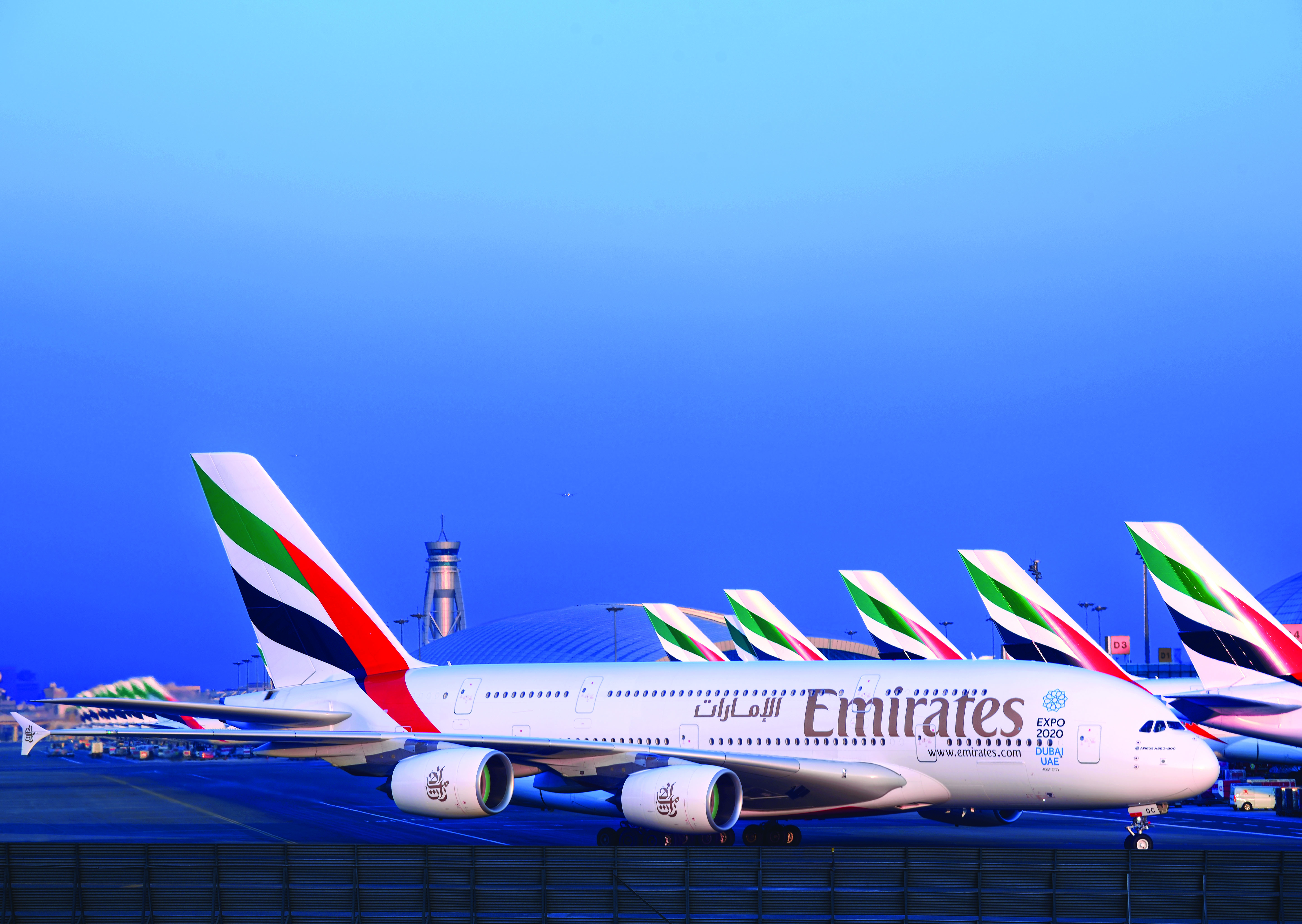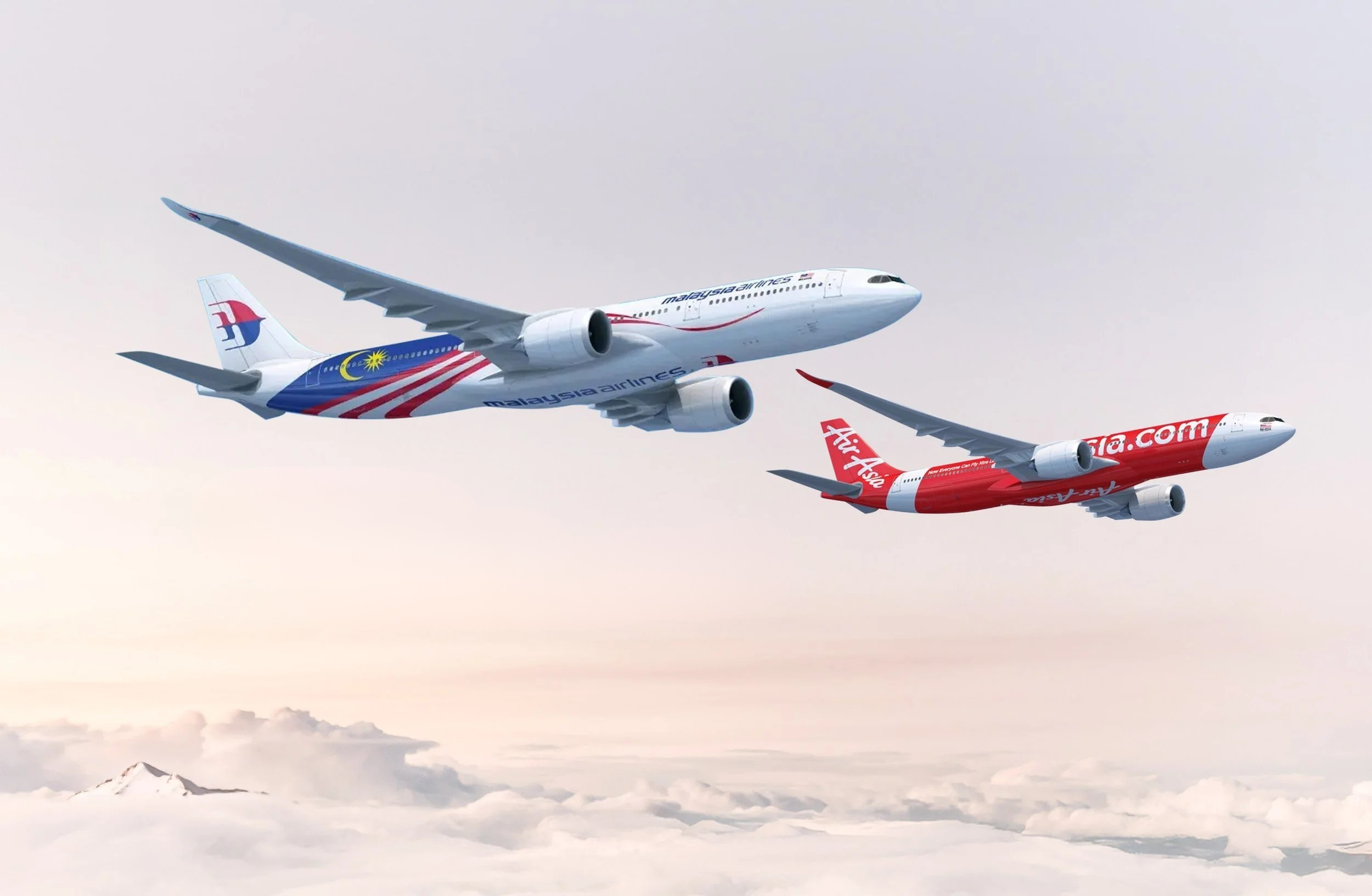Qantas saw its underlying pre-tax profit drop by $A179m to a still healthy $A780m in the first half of fiscal 2019 but says it expects a strong second half.
The airline attributed the fall, and a $A105m drop in statutory profit before tax to $A735m, to a $A416m increase in its fuel bill. Net profit fell 16 percent to $A498m.
But group chief executive Alan Joyce said he was pleased with the way the business responded to challenges and opportunities in the first half.
“Our dual brand strategy with Qantas and Jetstar in the domestic market meant these segments delivered another set of record earnings,’’ he said.
“Across our network, capacity is broadly meeting demand, including shifts to capitalize on the continued strengths of the resources sector.”
Qantas International was hardest hit by an increased fuel bill that couldn’t be recovered. This saw earnings before interest and tax fall by 60 percent to $A90 million.
But the airline said it continued to benefit from the introduction of the more efficient Boeing 787 Dreamliner as well as hub and network changes.
Joyce said the airline's new Melbourne-Perth-London service had seen the London market profitable for the first time since 2010.
He said several four-engine Boeing 747s would be retired this financial year with leaving the fleet of last week to bring the total number to eight.
He said the retirement of the last 747 at the end of calendar year 2020 would help the airline's overheads and reduce costs in other ways such as spare parts, training, maintenance and fuel burn.
Benefits had also come from network changes that had seen Qantas return to Singapore and restructure its trans-Tasman operations.
READ: Virgin Oz posts strongest interim profit in a decade.
But competition remained strong and this could be seen in the low fares on offer, particularly across the Pacific.
He also noted broader international market growth was slowing and Qantas expected international capacity to be flat in the second half and, for the first time since 2010, in negative territory for the northern summer.
This was only the second time he'd seen this since becoming CEO, he said.
The Qantas boss said low-cost offshoot Jetstar International was performing well while the joint ventures in Asia had been hit by higher fuel costs, although Jetstar Japan was performing well.
Group domestic achieved another record profit with a 1 percent increase to $A659m and Joyce said the domestic operations continued to enjoy "significant leadership in market share and margins".
Qantas Domestic contributed the bulk of that result, $A453m.
"That comes largely from both airlines delivering more for our customers,'' he said, adding that balance supply and demand by having the right capacity settings was also key.
"Broadly the domestic market remains well balanced and where there are opportunities we'll grow into them,'' he said.
"The resource sector is a good example. We're increasing our capacity within Western Australia by almost 10 percent because of the demand that we're seeing."
Joyce noted there were some domestic capacity limits in the first half due to pilot retraining but this was not expected to be a significant issue in the second half.
Earnings at Qantas Loyalty were up 4 percent to $A175m.
He said credit cards that earned Qantas points grew by 4 percent, compared to a 1 percent decline in the overall credit card market
He noted 36.5 percent of all credit card expenditure in Australia was now on a Qantas-earning credit card.
“Looking ahead, we think Qantas is well positioned,’’ Joyce said.
“Forward bookings remain strong. Competitor capacity growth has slowed internationally and is relatively flat.
"Our ongoing transformation program is on track. And oil prices have declined from the peaks we saw last year.
“These factors point to a strong second half and we expect to completely recover our increased fuel costs by the end of the year.”
Joyce said management was mindful of potential signs of weakness in the broader economy and it was always adjusting capacity to meet demand in individual markets.
“But overall revenue and yield indicators remained positive,’’ he added
“Above all the resilience we’ve built into the business gives us plenty of confidence about our performance going forward.”
Have questions or want to share your thoughts?
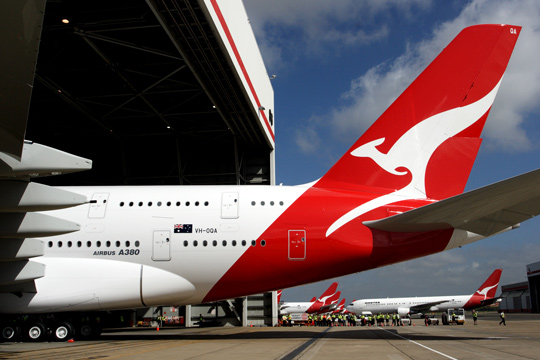
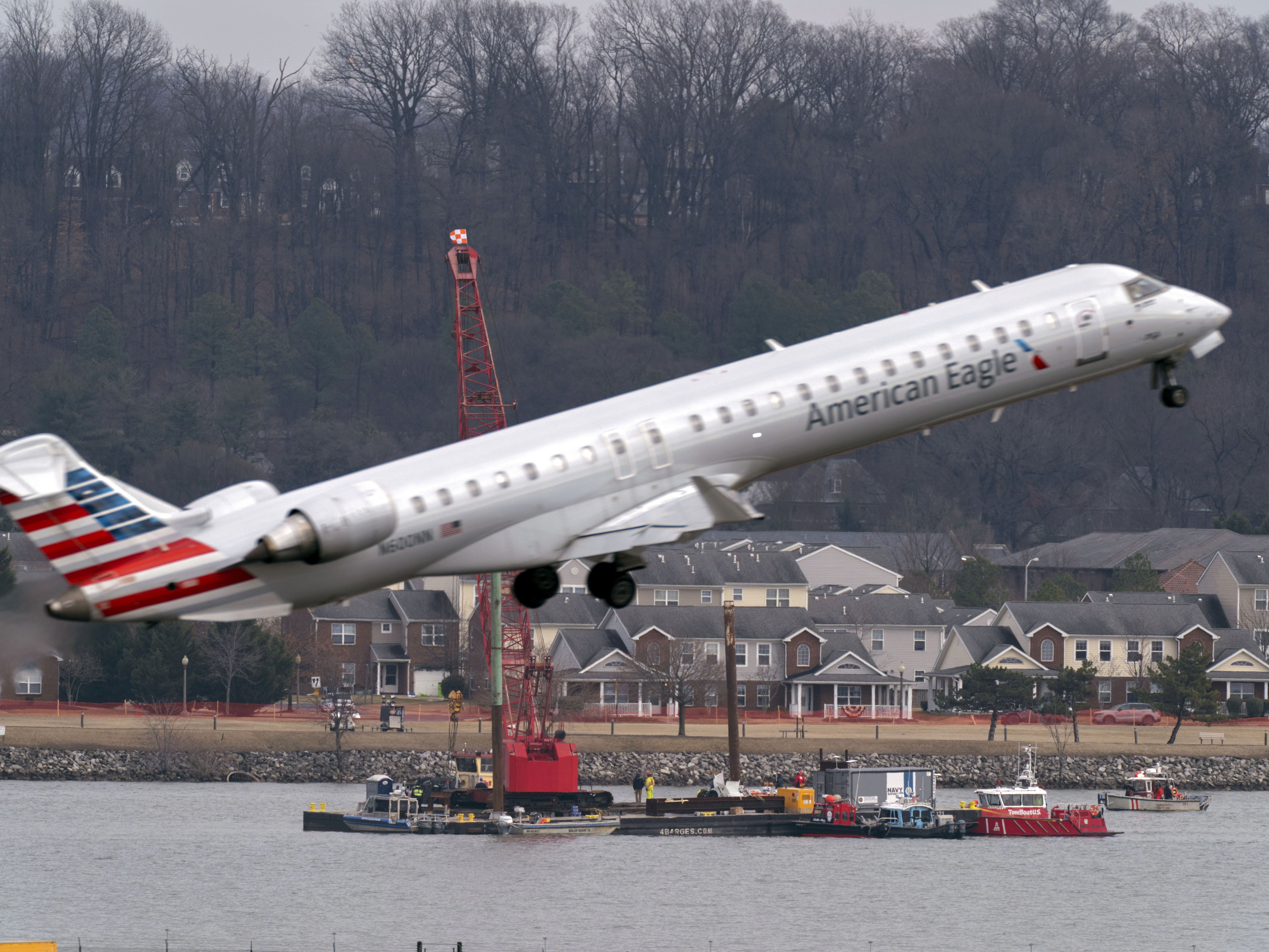
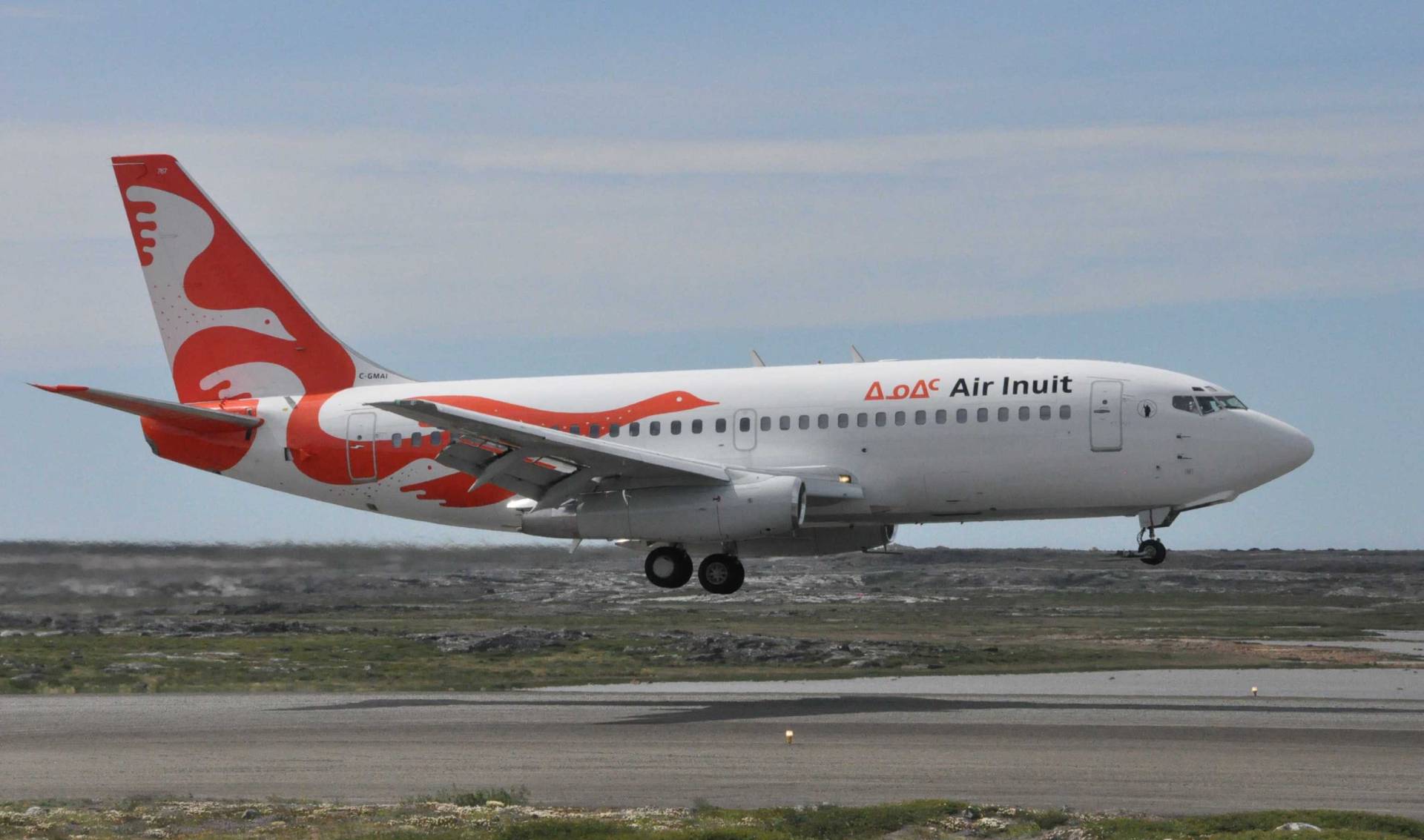
.jpg)
